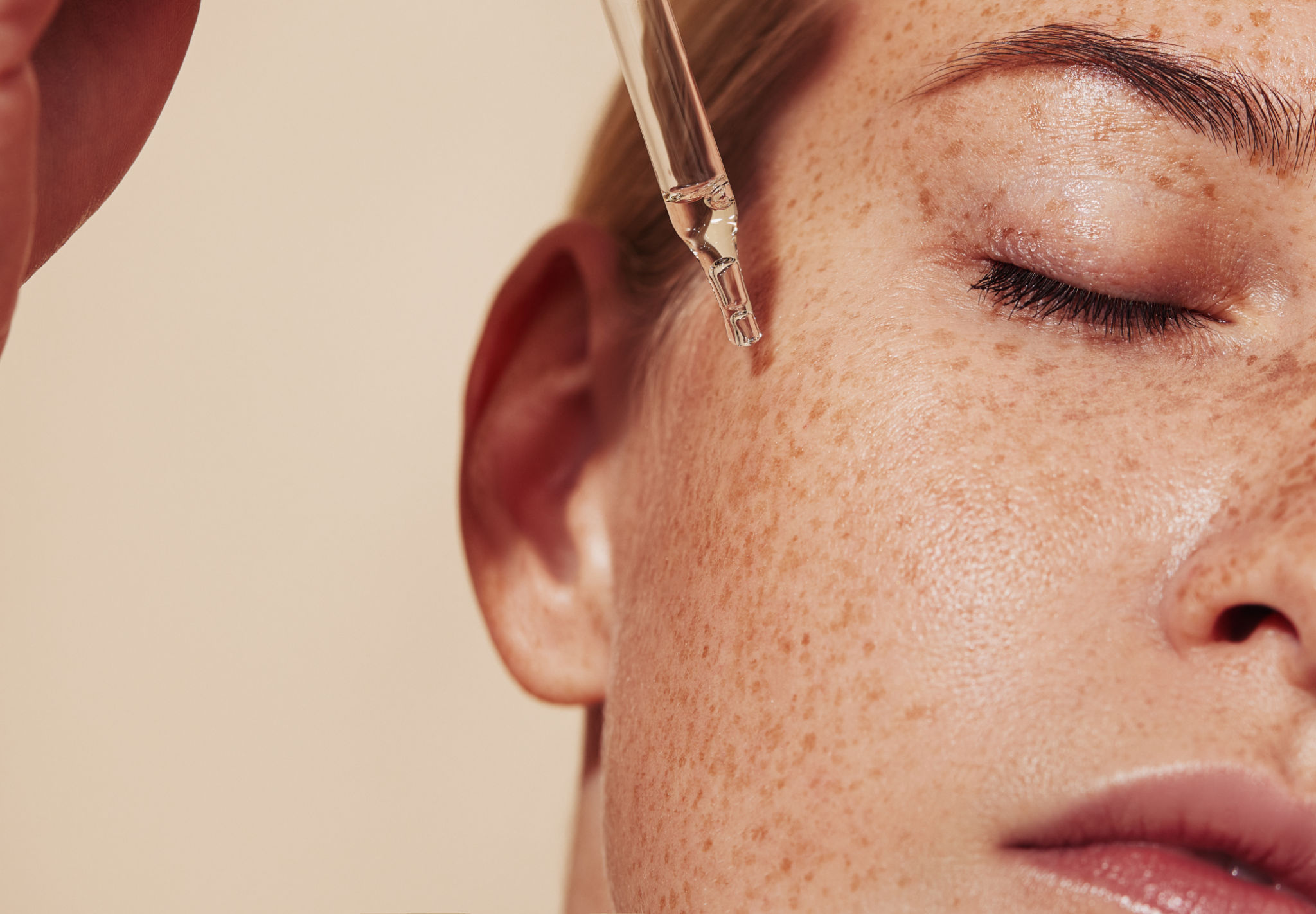Common Myths About Psoriasis Debunked by Experts
Understanding Psoriasis: A Widespread Issue
Psoriasis is a chronic skin condition that affects millions of people worldwide. Despite its prevalence, many misconceptions still surround this condition, leading to confusion and stigma. In this blog post, we aim to debunk some of the most common myths about psoriasis with insights from dermatology experts.

Myth 1: Psoriasis Is Just a Skin Disease
While psoriasis is primarily visible on the skin, it is actually an autoimmune disorder. This means that it stems from the body's immune system mistakenly attacking healthy cells. As a result, symptoms manifest on the skin, but the issue runs much deeper. Understanding this can help in appreciating the complexities involved in treating psoriasis.
Myth 2: Psoriasis Is Contagious
One of the most pervasive myths is that psoriasis is contagious. This is entirely false. Psoriasis cannot be spread through touch, sharing items, or being in close proximity to someone who has it. Recognizing this helps to reduce unnecessary fear and discrimination against those with the condition.

Treatment Misconceptions
Myth 3: Carnivore Diet Is The Answer
Psoriasis treatment is usually not what you are eating, but certainly can have something to contribute to it. Some claim the carnivore was the answer and some claim not eating fruit was. Others claim not eating night shades did the trick. Some have in fact healed up just eating red meat, the reason behind it is because they are getting much more than the recomended daily dose of L Lysine (Amino Acid), which has an anti inflamitory effect and helps heal the skin. Just taking 1000mg of L Lysine is more than enough and if you are like me, you never have to eat red meat.
Myth 4: Natural Remedies Are Ineffective
While medical treatments are essential, some natural remedies can complement them effectively. Ingredients such as aloe vera, oats, and turmeric have been shown to help alleviate symptoms for some individuals. However, it's vital to consult with a healthcare provider before trying new remedies. And there is Oktas 1.

Lifestyle and Psoriasis
Myth 5: Diet Has No Impact on Psoriasis
Diet can play a significant role in managing psoriasis symptoms. While food alone cannot cure psoriasis, certain dietary choices might help reduce inflammation and flare-ups. Foods rich in omega-3 fatty acids, antioxidants, and vitamin D are often recommended by experts.
Myth 6: Stress Does Not Affect Psoriasis
Stress is a known trigger for psoriasis flare-ups. The mind and body are intricately connected, and managing stress through techniques such as meditation, exercise, or therapy can be beneficial for individuals with psoriasis. Addressing stress levels is an integral part of comprehensive care.
Breaking the Stigma
The myths surrounding psoriasis contribute to the stigma and emotional distress experienced by those living with the condition. By debunking these misconceptions, we can foster a more understanding and supportive environment for everyone affected by psoriasis.
For more information on living with psoriasis and managing symptoms effectively, consider consulting with a dermatologist or joining support groups where experiences and tips are shared among those who understand the condition firsthand.
